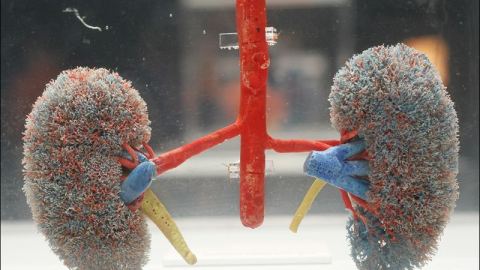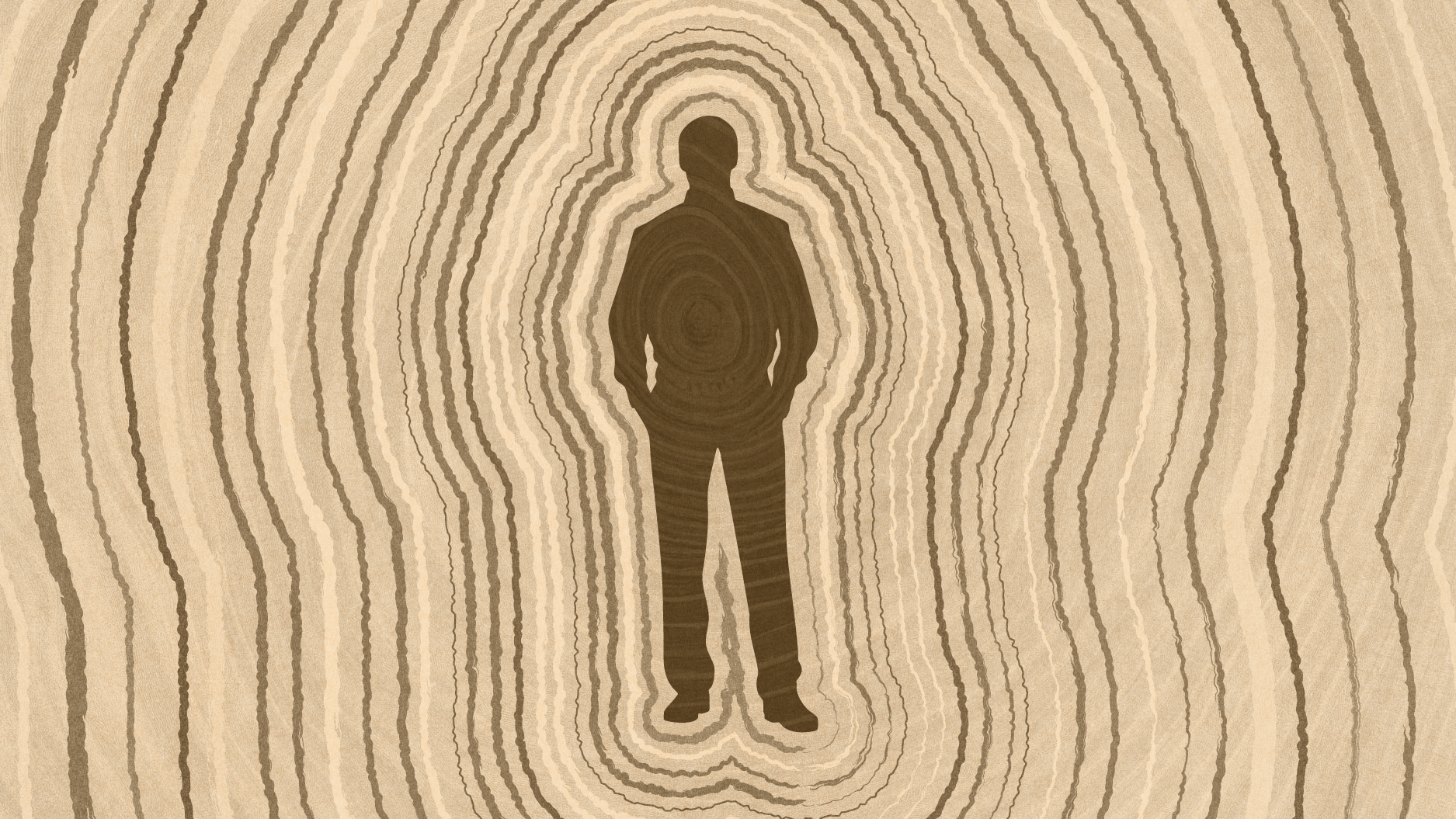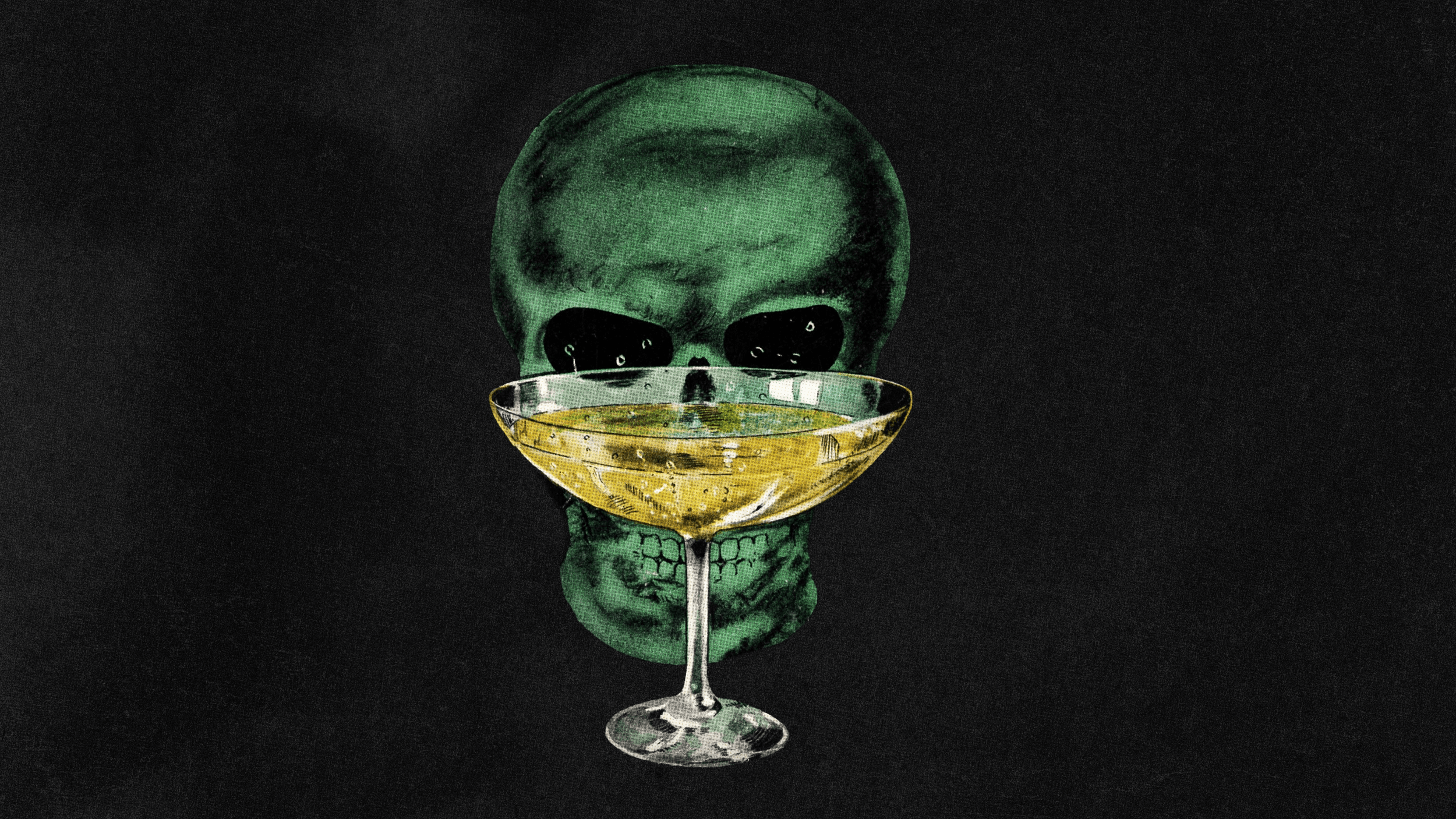Is My Redundant Kidney Part of My Net Worth in Dollars?

I gave the case for some kind of kidney markets in my last post. The limited commodification of that particular part of the body is the only way, for now, for alleviating the cruel suffering of some of the most marginalized of Americans.
As we can see on BIG THINK and elsewhere, libertarians are especially attracted to the organ market issue. In this case, the pro-choice and pro-commodification position is also clearly the pro-life one. Pro-lifers can’t locate the transplantation transaction with abortion in the “culture of death.”
Contrary to what some of the more radical libertarians might risk, we still draw a line when it comes to the buying and selling of fetuses, because even our Supreme Court concedes that fetuses share some qualities with human babies.
Commerce in kidneys does not seem to be commerce in human beings. A kidney’s moral status, the pro-lifer notices, is incomparably less than an embryo’s, and consider how little our law does to protect embryos. I am the same person with just one kidney in an absolutely complete way I wouldn’t quite be with just one eye or just one leg. I can go about my business without it being distorted in any way by my number of kidneys. A guy with one kidney has the same reproductive fitness and the same likelihood of picking up girls in bars as a guy with two, whereas many young ladies find one leg or one eye a turn-off for reasons an evolutionary psychologist could give.
But, as Ray said in the thread below, we naturally recoil from the idea that human bodies are natural resources to be mined. A human kidney—or any part of a human body (including a woman’s eggs—but that’s a topic for another day)—is surely deeply different from a tree or an apple or even a pig kidney.
We are rightly revolted by what might well be the resulting redistribution: Healthy kidneys in the healthy bodies of the young would gradually become, via transplantation, failing kidneys in the sick bodies of the old. Surely there’s at least something creepily un-Darwinian in taking organs from fit reproductive machines to allow those who are years beyond their gene spreading to linger for no species-based reason.
Our sophisticated libertarian response might be: As long as the kidney market is properly regulated with health, safety, and genuinely informed choice or consent in mind, we have to let people decide their self-conception for themselves. Rich old guys need kidneys, and poor young guys have them to spare. And we’re been okay so far with having the government step in to help out with the poor who are kidney deprived. It would be cheaper for the government to give top dollar for kidneys than to fund years and years of dialysis as six figures per year for each patient.
The adequacy of this libertarian response has to be judged in light of the excessively low opinion we have of our embodiment. People these days seem to hate their bodies more than people ever have. Contrary to what you might think at first, we live one of the least erotic times ever. The allegedly highly repressed Puritanical or Victorian male was very easily aroused: The signt of a bare ankle got him going. Today, our young men see perfectly sculpted almost bare women everywhere, both on TV and in real life. And they yawn. They just can’t relax enough to see all that’s good about the bodies they’ve been given.
Most sophisticated people these days identify themselves and their pursuit of happiness less than ever with the bodies they’ve been given by nature. One disturbing feature of a live kidney donation is that it turns a healthy person—the donor—into a sick patient, at least temporarily, and surely the physician should never intentionally do harm to anyone’s health. But the cosmetic surgeon also makes healthy people sick, and, unlike the transplant surgeon, with no intention of improving someone else’s health.
Plastic surgery allows people to choose, to some extent, the body they have imagined over the body they have been given. The small-breasted woman can become amply endowed; a man can, with some mutilation, become a woman. Whatever we think about the morality or even the sanity of these procedures, they are perfectly legal and becoming more common.
“Enhancement” or “transformational” surgery that makes us better than or something other than well involves both commerce and body parts. It is rightly not covered by medical insurance, and the doctors who do it make some of the biggest money in the surgery business. At the same time, people often submit to such surgery for profit: They connect their new appearance—looking younger and better—with personal success. Although it is the individual’s choice whether or not to submit to the knife to look prettier, there is sometimes a subtle coercion at work. If people can look better, employers may come to expect it, and those who refuse the available therapy will be at a competitive disadvantage.
There was a lot to be said for the old-fashioned or true interpretation of the Hippocratic Oath: A doctor should never turn someone into a patient for reasons having nothing to do with his or her own health. The exception of “gifting” a kidney out of love is easily justified. But surely not the motivation of profit or personal productivity. Allowing people to be patients when their own health isn’t on the line is a form of exploitation—a way of forcing them into deals they can’t easily refuse.
Surely the freedom to sell a kidney contains within it its own forms of coercion. One expert says we should allow the poor to sell lkidneys to improve their condition, because our unjust society isn’t doing so adequately in other ways. But won’t turning a kidney, in effect, to part of one’s net worth make government even less likely to step in on behalf of the unfortunate with extra kidneys (that could be for sale). I can imagine college financial aid officers requiring students and parents to list healthy kidneys among their personal resources.
I could go on and might later: But in this case as in many others, the libertarians are naive to believe that commodification is the key to free us from coercion.
This is a tough issue.
UPDATE: RainbowExplorer in the thread before says this post did or should have made her vomit. What she says is thoughtful and eloquent, and we should pray that things turn out as well as possible in her rare and most difficult situation. Actually, though, I’m not sure where we disagree. I used the word redundant with a bit of irony. And my point was to examine the case on both sides of regulated kidney markets. One conclusion of mine I thought was clear is that we probably shouldn’t be turning people into patients–or have them take on even minor risk factors–for reasons have nothing to do with their own health. I also thought I was clear that one problem I have with organ markets is that they could actually could come very close to coercing people to take chances with their health with productivity and profit in mind. So let more quote with nothing but admiration Rainbow’s conclusion, based as it is on personal experience:
So, when you speak of your second kidney as being “redundant”, I hear a profound level of ignorance coming out of you. There are reasons human bodies were designed with two kidneys. Kidneys are MAJOR organs, not redundant pieces of flesh, like an appendix or something. All it takes is ONE illness or injury to kill a person living with a single kidney. Most of us living with serious kidney disease know how fragile our bodies are. It seems clear to me that you do not. Remember, no matter how much money you might receive for your “redundant” kidney, you can’t take ANY of it with you, when you die.





